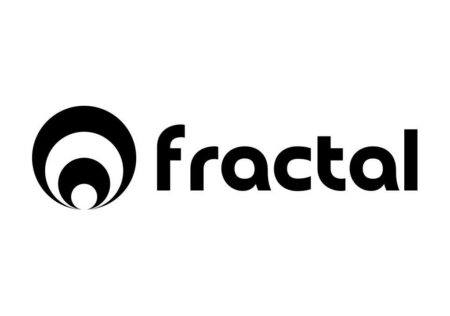Paul Brody, Principal and Global Innovation Leader at “Big Four” professional services firm Ernst & Young (EY), has argued that five out of six, or approximately 83%, of Ethereum (ETH)-based decentralized applications (dApps) have not been developed to enhance productivity.
It’s Important to Understand How Blockchain Works
Brody, whose comments came during a FinTech Forum hosted by the U.S. Securities and Exchange Commission (SEC) on May 31, 2019, stated that the nascent blockchain sector can only make progress if industry participants “go back to first principles.”
He also mentioned that it’s important to understand how distributed ledger technology (DLT) can be applied to solve real-world problems, instead of just launching dApps and other blockchain-powered products for the sole purpose of making quick profits.
Brody, a former VP at IBM (focused on Internet of Things), explained the primary purpose of capital markets is to raise funds and invest the money into projects that are developing productive use cases. The economics graduate from Princeton University hinted that the cryptoasset industry is “not doing very well” in creating practical DLT-enabled solutions.
Brody further noted that recent Q1 2019 data from DLT analytics firm Dapp.com shows that 14% of ETH-based dApps are being used by digital asset exchanges. Meanwhile, Ethereum-based gaming and gambling dApps account for around 13% and 44% of total dApp usage, respectively.
Should Focus on Developing Solutions for Fractional Real Estate
Brody also suggested that blockchain-based platforms should focus more on creating new types of business models which can streamline routine procedures. Additionally, the EY executive argued that DLT-enabled solutions should be developed for fractional real estate – meaning investors should be able to acquire small fractions of a property via simple and quick online transactions.
Brody believes that using blockchain technology to implement practical use cases will lead to a “tremendous lasting legacy that is positive.” Last year, Brody drew comparisons between initial coin offerings (ICOs) and the DotCom era of the late 1990s and early 2000s. He had also claimed that the crypto space appears to be “worse than we thought.”
EY Open-Sourced Ethereum-Based Private Transactions Solution
On May 31, 2019, EY open-sourced its codebase for conducting private transactions on the Ethereum blockchain. EY’s privacy-focused solutions is called Nightfall. As mentioned on Nightfall’s Github page:
Nightfall integrates a set of smart contracts and microservices, and the ZoKrates zk-snark toolkit, to enable standard ERC-20 and (non-fungible tokens standard) ERC-721 tokens to be transacted on the Ethereum blockchain with complete privacy. It is an experimental solution and still being actively developed.









